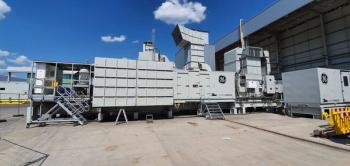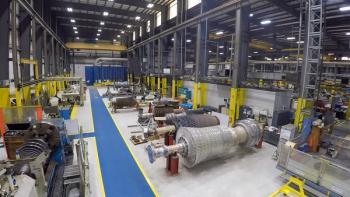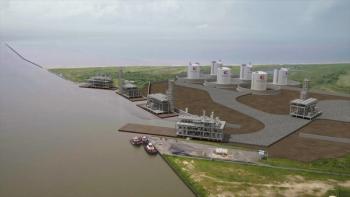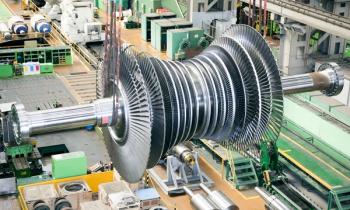
High Costs Stalling Downstream Compressor Market and Kapp’s End-of-Decade Analysis
Although the upstream and midstream compressor markets are currently outperforming downstream, historic economic cycles suggest that a recession may arrive by 2031.
In the last of a four-part interview with Turbomachinery International, Christean Kapp of Dora Partners & Co. discussed the growing cost pressures facing the downstream compressor/energy sector, particularly in ammonia production and carbon capture. He noted that energy-intensive conversion and capture processes, along with U.S. EPA mandates, could significantly raise power plant costs in the coming decade.
Kapp also predicted that the overall compressor market, which has benefitted from strong backlogs in recent years, may experience a downturn around 2029 – 2031 as part of the oil and gas and power industry’s historic economic cycling. To find out more regarding compressor market growth drivers, Dora Partners’ 2025 report, and more, visit
TURBO: What is causing the cost-competitiveness issue in the downstream sector, for example, in the ammonia production and carbon-capture markets?
Kapp: Every time you convert from natural gas or hydrogen to some other substance, like ammonia, you’re investing a huge amount of energy which requires huge amounts of equipment, and you’re making it that much more expensive. Why would you want to make things more expensive unless you had to, unless the government is telling you to do so?
With carbon capture, you’re not so much transforming chemicals, instead you’re trying to capture carbon from the air post-combustion and it’s a very energy-intensive process that needs lots of compressors and associated equipment. Conservatively, you’d need to devote 20% of the power plant’s output to drive carbon capture—that’s 20% of your earnings that would disappear.
The EPA in the United States is mandating carbon capture for the future and high-efficiency gas turbines plus combined-cycle power plants, so if that holds under the Trump Administration, we’ll see power plants getting very expensive in the 2030s.
TURBO: Why will orders for upstream and midstream compressors begin to decline after 2029? Will the compressor industry as a whole experience a slight downturn as well?
Kapp: I envisage the whole compressor industry having a downturn as well, and I’m using historic precedence: The oil and gas and the power industries have economic cycles of 5 – 10 years, so if you start from 2021, you’ll have to expect some kind of recession by 2031. It would be completely unrealistic to say [the market] will go straight up and never come down, as that’s not how economic cycles work.
Looking at the backlog that many OEMs have—2 – 4 years of backlog depending on who you’re talking about—I’d say the next couple of years are probably safe but 2028, 2029, and 2030 becomes a little dicey.
For more information on the 2025 Compressor Market Report, please visit
Newsletter
Power your knowledge with the latest in turbine technology, engineering advances, and energy solutions—subscribe to Turbomachinery International today.




